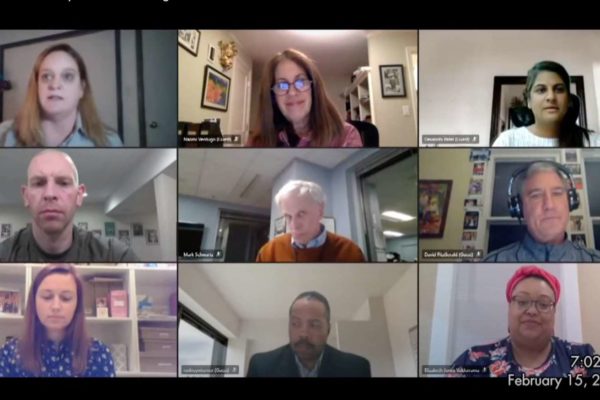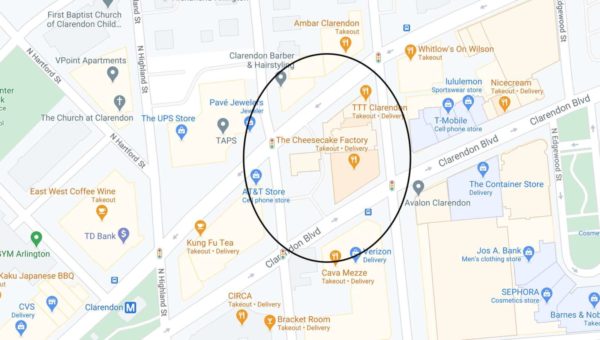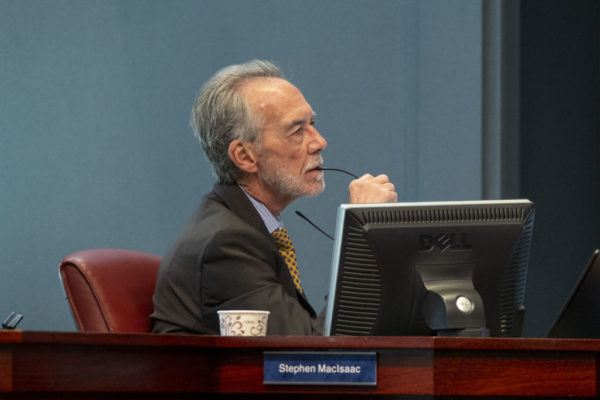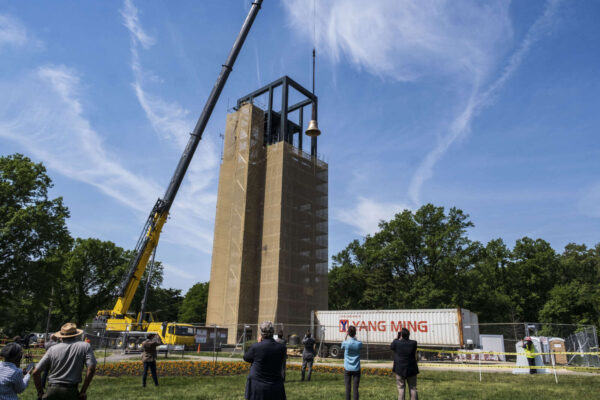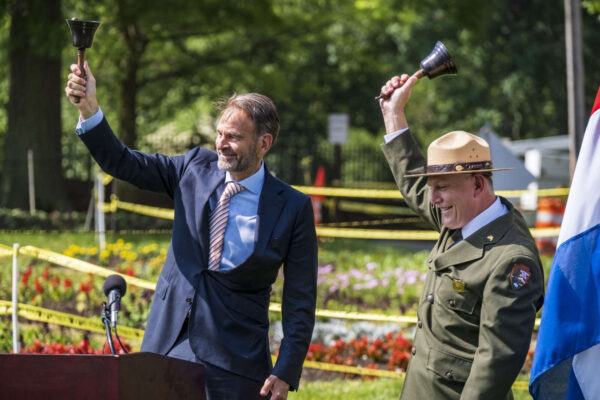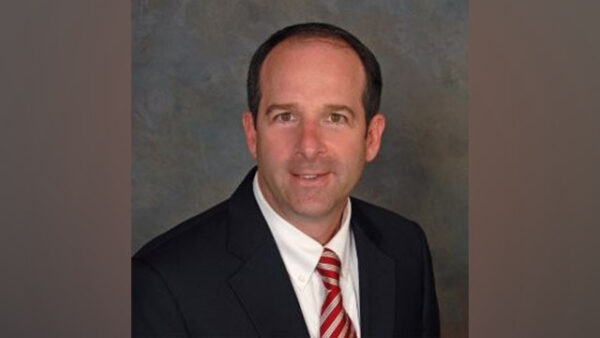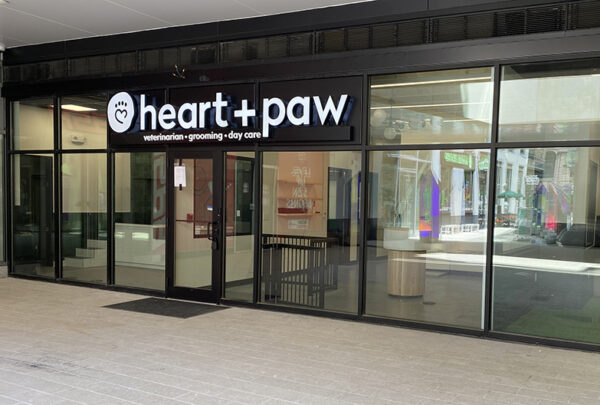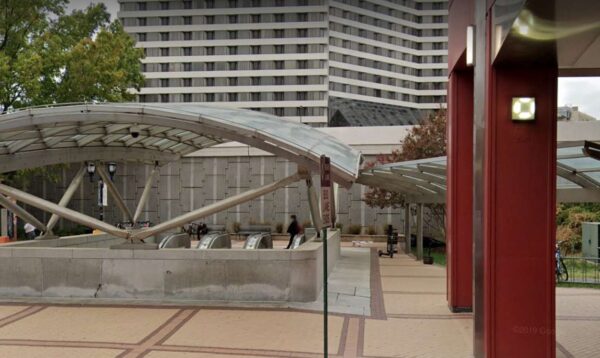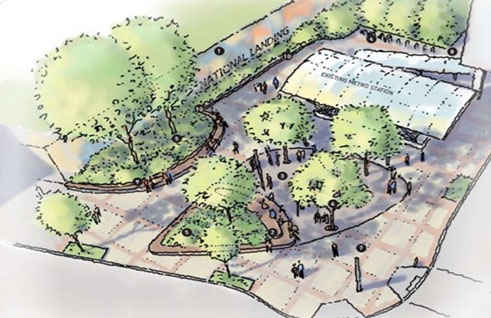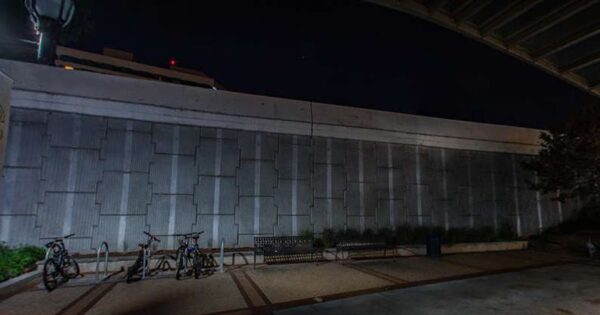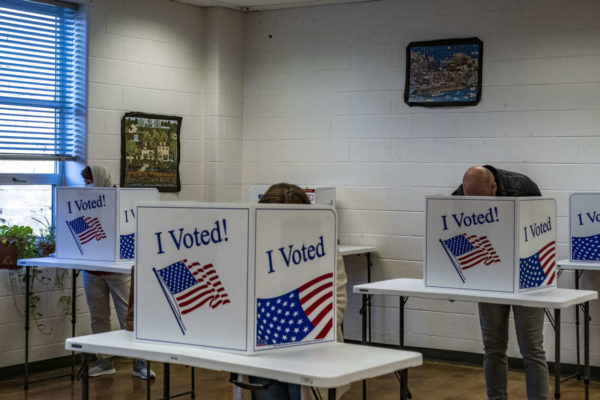
Arlington County’s form of government has largely stayed the same since 1930. Now, a local civic organization is inviting Arlingtonians to consider possible reforms.
The Arlington County Civic Federation, a nonprofit that provides a forum for about 90 civic groups to discuss community topics, is holding a series of Zoom meetings to discuss reforms, from changing the number of County Board members and their term limits to moving to ward-based Board representation to using ranked-choice voting.
“We are excited to engage in this important work of exploring ways to make our already well-functioning government even better and more representative of the communities it serves,” said Chris Wimbush, who chairs the subgroup looking into these changes.
That subgroup is the Task Force in Governance and Election Reform (TiGER), which was formed to look into implementing ranked-choice voting and other electoral reforms. CivFed launched the group after the Virginia General Assembly passed legislation allowing ranked-choice voting in local elections.
The committee’s deep dive includes these discussions, which kicked off May 17 and will continue every Monday through July, except Memorial Day. These meetings will evaluate the current state of Arlington elections, its form of government and public input structures, as well as models for reform.
“Arlington citizens can expect that the TiGER will, over the next year, conduct public fora and meetings regarding the current state of Arlington’s form of government and electoral system,” according to a press release. “TiGER will regularly report to the Arlington County Board, the Arlington School Board, community and civic groups, and the CivFed membership.”
The subgroup is also tasked with improving representation on the County Board and evaluating district representation rather than county-wide board elections. Already, the discussions have drawn people who want to see changes.
“I think in Arlington we’re so heavily Democratic,” attendee Douglas MacIvor said during the first meeting. “I like the district concept in order to get… different communities represented, but then I would worry that each district would end up becoming more polarized if we don’t have some mechanism to try to push towards more moderation from those candidates.”
Another meeting attendee, Michael Beer, said Arlington is diverse in ethnicity, gender and age but “where we’re falling short substantially is in competitive races.”
Ranked-choice voting, the main reason why TiGER was formed, is one of the biggest changes being discussed. People would rank their top County Board and School Board candidates and in cascading series of rounds the candidate with the fewest number of votes would be eliminated until a winner is selected.
Proponents say it can help more minorities get elected and reduce the impact of “spoiler” candidates who “siphon” votes away from leading ones. Still, some communities have repealed the election format after adopting it.
George Mason University’s Mark Rozell, the dean of the Schar School of Policy and Government, told ARLnow that ranked-choice voting can help more centrist candidates but not always.
“I give the edge to candidates who have broader rather than intensive factional support,” Rozell said about the people who benefit from instant runoffs.
Ranked-choice voting has already been tested in Arlington. Last year, the Arlington County Democratic caucus used it, resulting in Takis Karantonis leapfrogging to victory in the third round to capture the party’s County Board nomination. He went on to win a seat on the board last July.
This change would require the County Board to pass an ordinance but local officials are still waiting on more state guidance. Gretchen Reinemeyer, the county’s general registrar, said guidelines could be discussed in June by the Virginia State Board of Elections.
One TiGER member, Chanda Choun, is stepping aside while he challenges Karantonis in his bid for the County Board.
It’s not just civically-involved residents who have argued for changes to the way Arlington is governed. Longtime former Arlington County Board member Jay Fisette said shortly before his retirement that he thinks Arlington’s form of government should be changed from that of a county, governed by an elected County Board and managed by an unelected County Manager, to that of a city, with an elected mayor and city council.
In 2010, an attempt to change Arlington’s form of government, to one in which County Board members are elected by districts rather than at-large, failed to gather enough valid petition signatures.



